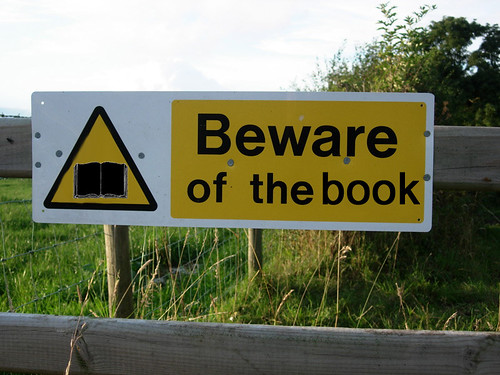Cooperative Learning Exercise 1 – Hello Governor!
Cooperative Learning Lesson #1 :
Hello Governor!
The first activity I would implement for the cooperative learning lesson would utilize the Coop Coop format. Students would research the candidates seeking running for Governor of Ohio, students would ultimately present their findings and as a group endorse candidate position on the platform.
Team selection: Co-op Co-op is designed to be a student centered learning experience. Therefore students would self select according the issue area of interest, with a maximum of 4 students per team. For example, candidates have platforms on healthcare, education, employment, etc. which will be dispersed throughout the room. Once teams are selected, students will begin their process with an interview exercise. Peers will interview each other on their passions and based on their answers they will develop a slogan for a peer, that will have a corresponding group poster that will be posted throughout the duration of the assignment. Students would also be encouraged to choose “controversial topics” like reproductive rights, marijuana legalization etc.
Teambuilding & Interdependence Each team member will be given the outline a template with different team roles, similar to Collaborative justice. Example roles: informal spokesperson, catalyst, optimist, caretaker etc. Once team members receive this sheet they will read and identify the role they are accustomed to playing on a team. Once everyone has identified how they usually operate on a team, they will turn in their sheet and receive the another blank version of the same document. The team will decide what different role they will play for this particular project, and identify an accountability buddy to help them shift to their new role. This promotes leadership development, and interdependence as students are embracing opportunities less familiar to them, that may be uncomfortable or and challenging.
Separation and delegation of work: Each student will be responsible for gathering information pertaining to the particular candidate they choose. For example, if the general topic is criminal justice, a student can decide they will capture the platform for the Green party candidate. Each student will have a deadline with check in points where they can capture their progress and snags.
Team presentations:
Student presentations would be treated like a conference. Each team would present research based on specific parameters pertaining to the policies of the candidates. Once all of the facts have been presented on a policy, the group will announce what candidate’s platform they selected and their rationale. Student audience members would use their devices to select candidates based on policy before the team reveals their selection.
Evaluation Student evaluation would be based on peer evaluation, as well as project rubric.
Exercise #2 Banned Book Report?
Guided Reciprocal Peer Questioning
Room Set-up: Students will begin in a large circle, and count of to 3. Once the counting off is complete, students will find their fellow numbered partners, and prepare for the lecture. Each student will have blank sheets of paper, markers, and examples of big questions that are on the floor in the middle of the room.
Teambuilding & Interdependence: Once students are broken off into 3 they will introduce themselves and answer an icebreaker question. After they introduce themselves they will be responsible for creating a book judging group name. During this period everyone will be responsible for identifying 1 guideline they propose upholding during their time together as a team (example: Give positive feedback, one micprophone etc.). Once all ideas have been presented, each team member will agree or disagree to these guidelines by using “fist of five” as a hand signal to confirm the guidelines. Fist of five is a consensus building process where a five signals full agreement, and three signals indifference, and less than three requires additional team conversation. Once this has been established, each team member will be responsible for identifying when guidelines are not being upheld. Thus requiring mutual leadership and accountability within the group.
Opening: The instructor will give an overview of the history of banned books. The general context of banned book will lead into specific mention of which particular texts are banned, and for what stated reasons.
Stem Questions:
Following this brief presentation will reflect on the following stem questions: How does the process of banning books affect education?
What are the strengths and weakness of banning literature? Once the group has processed these questions they will begin posing their own.
Learning teams: Once each separate group has identified their group questions, they will regroup themselves with 1,2 &3s and share one question from their previous groups. All questions will be recorded and displayed for future critical thinking exercises.
Evaluation: There will be no formal assessment for this exercise, just observation. Students will be encouraged to use democratic speaking processes, to ensure all learners are engaged.


